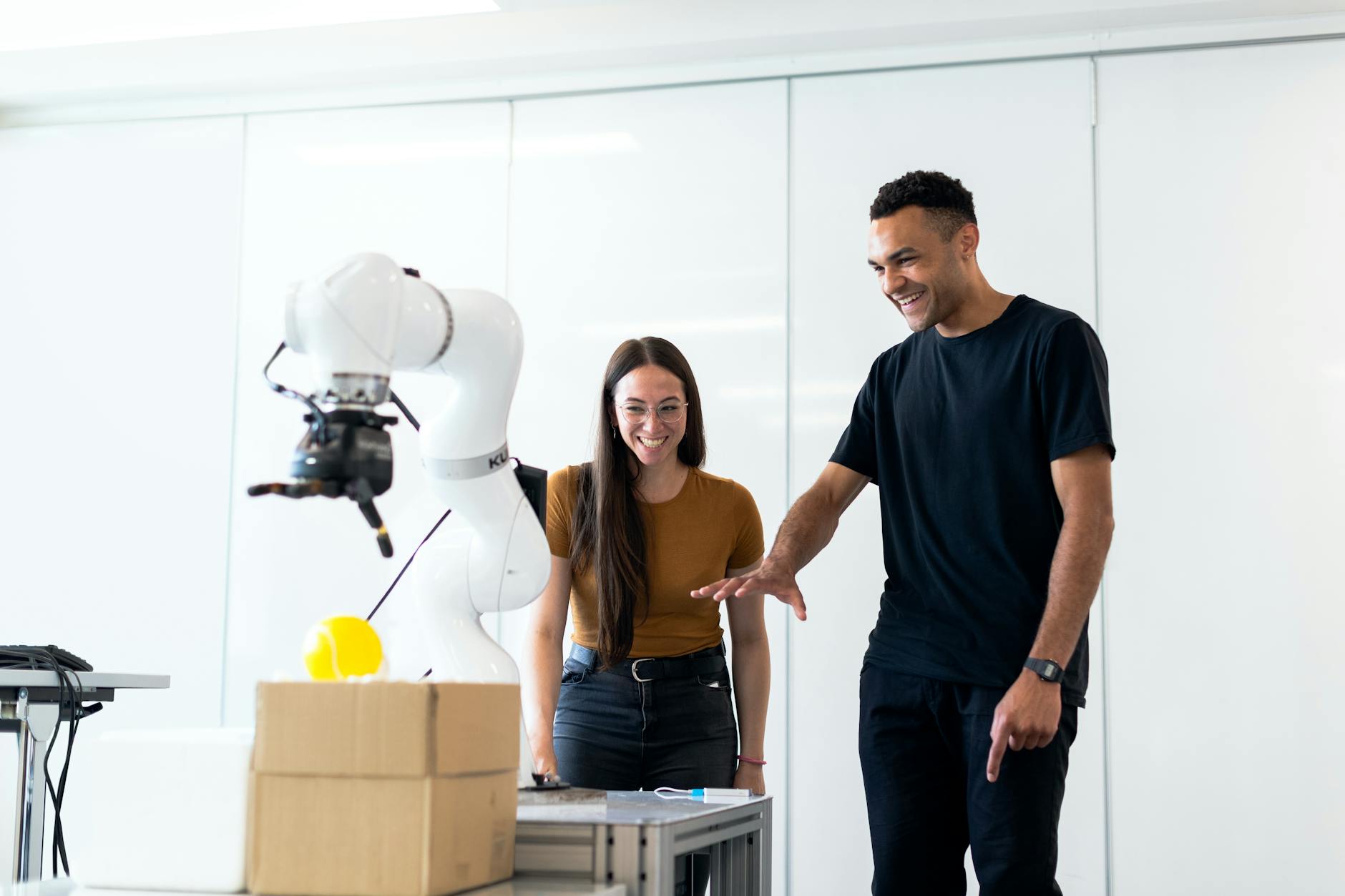Sora’s Social Surge: OpenAI’s Video App Plunges into ‘Slippery Slop’ | Altman Vows Copyright Controls, Japan Forges AI Governance Alliance

Key Takeaways
- OpenAI’s Sora has emerged as a social media application, showcasing a wide array of AI-generated video content from the bizarre to the mundane.
- OpenAI CEO Sam Altman announced plans for ‘granular,’ opt-in copyright controls for Sora, indicating a significant shift in the company’s intellectual property approach.
- OpenAI has formed a strategic collaboration with Japan’s Digital Agency to advance generative AI in public services and promote responsible global AI governance.
- Google DeepMind demonstrated the practical application of generative AI in design, partnering with Ross Lovegrove to move from sketches to prototypes.
Main Developments
The AI landscape is buzzing with a mix of groundbreaking product launches, policy shifts, and strategic partnerships, all pointing towards generative AI’s increasingly pervasive role in society. The most striking development comes from OpenAI, whose much-anticipated video generation model, Sora, appears to have transformed into a full-fledged social media application. Dubbed a “slippery slop” by early users, Sora’s feed is reportedly a captivating, if chaotic, mix of AI-generated vignettes: from an anime Jesus flipping tables to Sam Altman himself caught in various comedic scenarios, and even realistic news broadcasts. This revelation marks a significant pivot for Sora, moving beyond a mere content creation tool to a platform where users seemingly share and consume AI-generated narratives.
This bold expansion into social media comes hand-in-hand with a crucial policy adjustment. OpenAI CEO Sam Altman has indicated that Sora will soon feature ‘granular,’ opt-in copyright controls. This announcement suggests a reversal or significant refinement in OpenAI’s stance on intellectual property, likely in response to growing industry concerns and potential legal challenges surrounding AI-generated content. The move towards user-controlled copyright permissions could be a preventative measure to empower creators and mitigate infringement risks as Sora’s generated content proliferates on its new social platform.
Beyond its immediate product developments, OpenAI is also making significant strides on the global policy front. The company announced a strategic collaboration with Japan’s Digital Agency. This partnership aims to advance the integration of generative AI into public services within Japan, while also working towards establishing international AI governance frameworks and promoting the safe and trustworthy adoption of AI worldwide. This collaboration underscores OpenAI’s dual ambition: not only to innovate at the product level but also to shape the ethical and regulatory environment for AI on a global scale.
Meanwhile, Google DeepMind continues to push the boundaries of generative AI in practical applications, albeit in a different domain. The tech giant revealed a collaboration with renowned designer Ross Lovegrove, showcasing how generative AI can streamline the design process from initial sketches to polished prototypes. This initiative highlights AI’s potential to augment human creativity and accelerate innovation in fields like industrial design, providing tools that can iteratively generate and refine concepts with unprecedented efficiency.
Together, these developments paint a picture of an AI industry that is rapidly maturing, expanding into consumer-facing platforms, grappling with complex ethical and legal questions, and simultaneously forging partnerships to define its future governance and applications across diverse sectors. The journey from research to social phenomenon, and from conceptual art to public service, is accelerating.
Analyst’s View
Sora’s sudden emergence as a social media app is a game-changer, potentially positioning OpenAI not just as an AI model developer but as a direct competitor in the attention economy. This aggressive pivot underscores the imperative for AI companies to rapidly monetize and broaden their user base. Altman’s pledge for opt-in copyright controls is a reactive, yet necessary, step to navigate the inevitable IP battles that will accompany AI-generated content at scale, particularly on a public platform. The Japan partnership, on the other hand, reveals OpenAI’s strategic foresight in shaping global AI regulation and ensuring a favorable operating environment. We are witnessing a sprint for market dominance and ethical legitimacy simultaneously. The coming months will test OpenAI’s ability to manage content moderation, copyright enforcement, and user engagement on a platform inherently designed for boundless AI creativity.
Source Material
- Sam Altman says Sora will add ‘granular,’ opt-in copyright controls (TechCrunch AI)
- I’ve fallen into Sora’s slippery slop (The Verge AI)
- OpenAI Is Just Another Boring, Desperate AI Startup (Hacker News (AI Search))
- OpenAI announces strategic collaboration with Japan’s Digital Agency (OpenAI Blog)
- From sketches to prototype: Designing with generative AI (Google AI Blog)